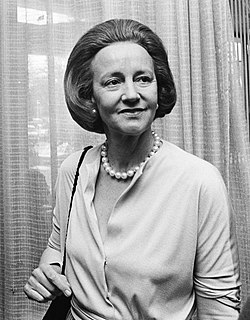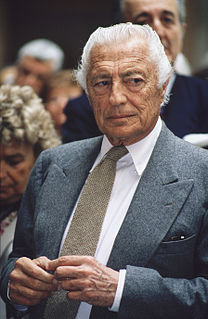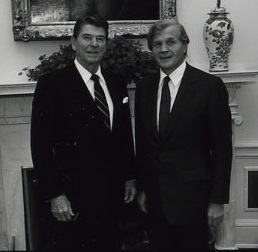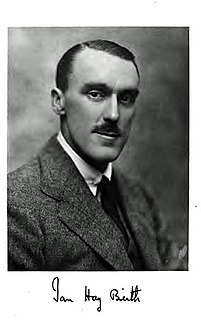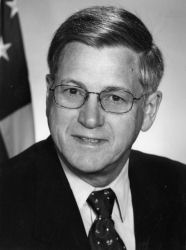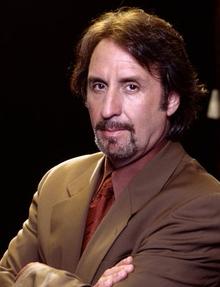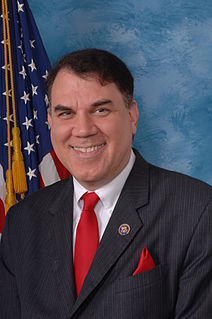A Quote by Henry Kissinger
I don't see the wisdom in modern politicians that I once saw in men like Dean Acheson, David Bruce, or George Marshall. In my day, the northeastern establishment dominated foreign policy formulation, but the composition and distribution of our population is very different today.
Related Quotes
Today a Scot is leading a British army in France [Field Marshall Douglas Haig], another is commanding the British Grand Fleet at sea [Admiral David Beatty], while a third directs the Imperial General Staff at home [Sir William Roberton]. The Lord Chancellor is a Scot [Viscount Finlay]; so are the Chancellor of the Exchequer and the Foreign Secretary [Bonar Law and Arthur Balfour]. The Prime Minister is a Welshman [David Lloyd George], and the First Lord of the Admiralty is an Irishman [Lord Carson]. Yet no one has ever brought in a bill to give home rule to England!
One thing that's really interesting is not only the magnitude of the recent immigration into this country, but also its distribution and its investment in the country. About 9.3 percent of the population is now foreign-born [announced by the Census Bureau at over 10 percent a few days later]. What's really surprising is how well distributed those population groups are. Historically, we see new immigrants primarily on the coast and in a few big cities. I think the data are going to show a much wider distribution of the new population groups than we've experienced historically.
I think, at the L.A. County Museum of Art, I saw my first example of Kerry James Marshall, who had a very sort of heroic, oversized painting of black men in a barbershop. But it was painted on the same level and with the same urgency that you would see in a grand-scale [Anthony] van Dyck or [Diego] Velazquez. The composition was classically informed; the painting technique was masterful. And it was something that really inspired me because, you know, these were images of young, black men in painting on the museum walls of one of the more sanctified and sacred institutions in Los Angeles.
When I started, every film got a full theatrical distribution. Today, almost no low budget films, maybe two or three a year, will get a full theatrical distribution. We've been frozen out of that, which means they must be aware that for a full theatrical distribution it either has to be something like Saw or some exploitation film of today or an extremely well made personal film.
If I were Donald Trump, I would definitely not pick Mitt Romney because it's very easy for Mitt Romney to have have a separate foreign policy operatus in the State Department that would run a dissenting foreign policy from the White House foreign policy. There, I think the populist America-first foreign policy of Donald Trump does run against a potential rival.

